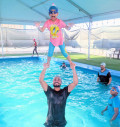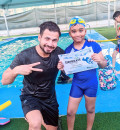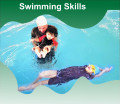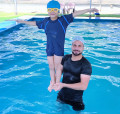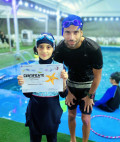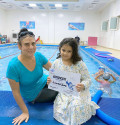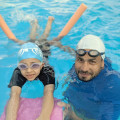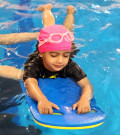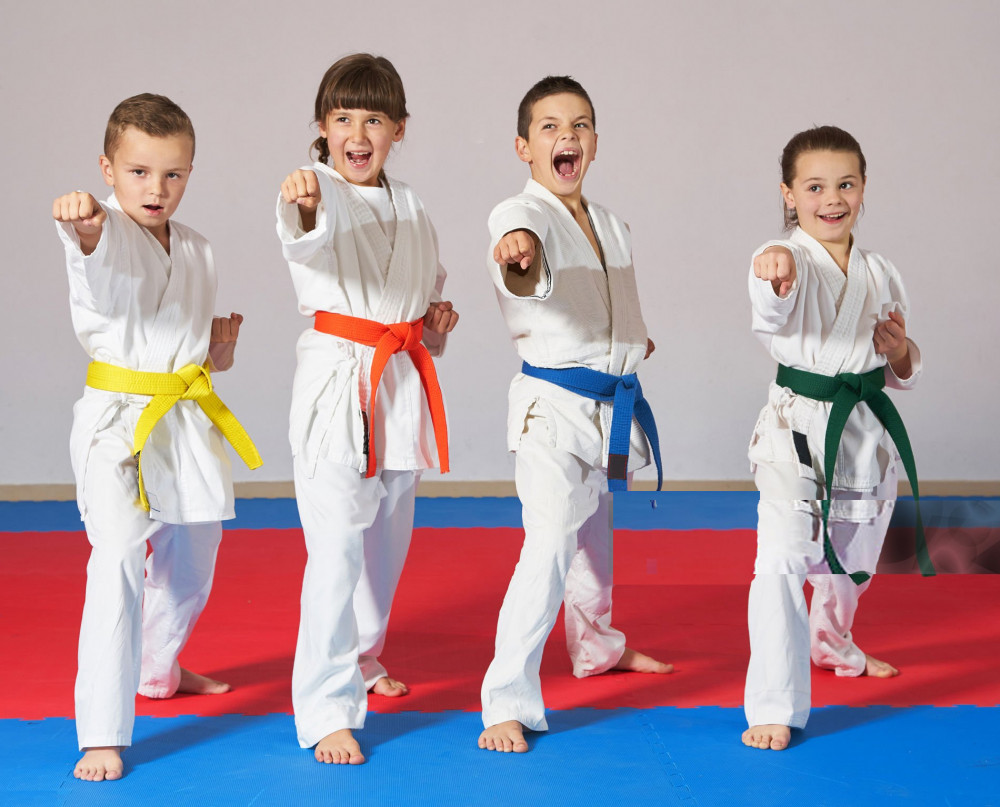
Karate and other martial arts are often used in an overall program to help children
2024-02-29 - karateIntroduction
In today's fast-paced world, parents are constantly seeking
ways to ensure their children grow into well-rounded of a holistic approach to
child development. With its emphasis on discipline, respect, and physical
fitness, karate and other martial arts have become integral parts of many
children's lives.
Benefits for Children
Physical Fitness and Coordination
Engaging in karate or other martial arts provides children
with an excellent outlet for physical activity. Through regular practice, children
improve their strength, flexibility, and coordination. These skills not only
enhance their performance in martial arts but also carry over to other
activities, such as sports and daily tasks.
Self-Discipline and Confidence
One of the core principles of martial arts is
self-discipline. Children learn the importance of setting goals, following
rules, and staying committed to their practice. As they progress in their
training, they gain a sense of accomplishment that boosts their self-confidence
and self-esteem.
Focus and Concentration
In a world filled with distractions, martial arts teach
children how to focus their minds and concentrate on the task at hand. Whether
it's mastering a new technique or participating in a sparring match, children
learn to block out distractions and channel their energy towards their goals.
Respect and Humility
Central to the philosophy of martial arts is the concept of
respect—for oneself, for others, and for the art itself. Children are taught to
bow to their instructors and fellow students, demonstrating humility and
reverence for the knowledge being imparted. This respect extends beyond the
dojo and influences how children interact with others in their daily lives.
Self-Defense Skills
While self-defense is often a primary reason for enrolling
children in martial arts classes, it is just one aspect of their training.
The Importance of Proper Training and Instruction
It's essential for children to receive proper training and
instruction in martial arts to ensure their safety and progress. Qualified
instructors teach children the fundamental techniques of karate or other
martial arts in a structured and supportive environment. With the right
guidance, children can develop their skills safely and effectively.
Finding the Right Martial Arts School for Children
When choosing a martial arts school for their children,
parents should consider factors such as the instructor's credentials, the
school's philosophy, and the class environment. Visiting different schools,
observing classes, and speaking with instructors can help parents make an
informed decision that aligns with their child's needs and goals.
Balancing Safety with Challenges in Martial Arts Training
While martial arts training can be physically demanding,
it's crucial to strike a balance between safety and challenges. Instructors
should prioritize the well-being of their students and ensure that training
sessions are conducted in a safe and controlled manner. Children should be
encouraged to push themselves but not at the expense of their safety.
Incorporating Martial Arts into a Child's Routine
To reap the full benefits of martial arts, children should
integrate their training into their regular routine. Consistent practice,
whether through attending classes or practicing at home, is key to mastering
techniques and progressing through the ranks. Parents can help by creating a
supportive environment that encourages their child's dedication to martial
arts.
Overcoming Challenges and Frustrations in Training
Like any worthwhile pursuit, martial arts training comes
with its challenges and frustrations. Whether it's struggling to master a new
technique or facing setbacks in competition, children learn valuable lessons in
perseverance and resilience. By embracing challenges and persisting through
adversity, they develop the mental toughness needed to succeed in martial arts
and in life.
The Role of Parents in Supporting Their Child's Martial
Arts Journey
Parents play a crucial role in supporting their child's
martial arts journey. From providing encouragement and motivation to ensuring
they have the necessary equipment and resources, parents can help foster their
child's passion for martial arts. By actively participating in their child's
training and celebrating their achievements, parents can instill a lifelong
love for the martial arts.
Building Character and Values Through Martial Arts
Beyond physical skills, martial arts instill important
values such as discipline, respect, and perseverance. Children learn the
importance of integrity, honesty, and humility, which serve as the foundation
for their character development. These values extend beyond the dojo and shape
children into responsible, respectful, and compassionate individuals.
Setting Goals and Achieving Success in Martial Arts
Goal-setting is an integral part of martial arts training,
allowing children to track their progress and measure their achievements. By
setting specific, measurable, and achievable goals, children can stay motivated
and focused on their journey. Whether it's earning a new belt or competing in a
tournament, each milestone reached brings a sense of accomplishment and pride.
Celebrating Achievements and Milestones
It's essential to celebrate children's achievements and
milestones in martial arts, no matter how small. Whether it's a promotion to
the next belt rank or a personal breakthrough in training, acknowledging their
hard work and dedication reinforces their commitment to martial arts.
Celebrations can take many forms, from belt ceremonies to special awards, and
serve to inspire children to continue striving for excellence.
Addressing Common Misconceptions about Martial Arts
Despite its many benefits, martial arts is often surrounded
by misconceptions and stereotypes. Addressing these misconceptions is crucial
to dispelling myths and promoting a more accurate understanding of martial
arts. By emphasizing its focus on self-improvement, discipline, and respect,
martial arts can be seen as a positive force for personal growth and
development.







.jpg)















































